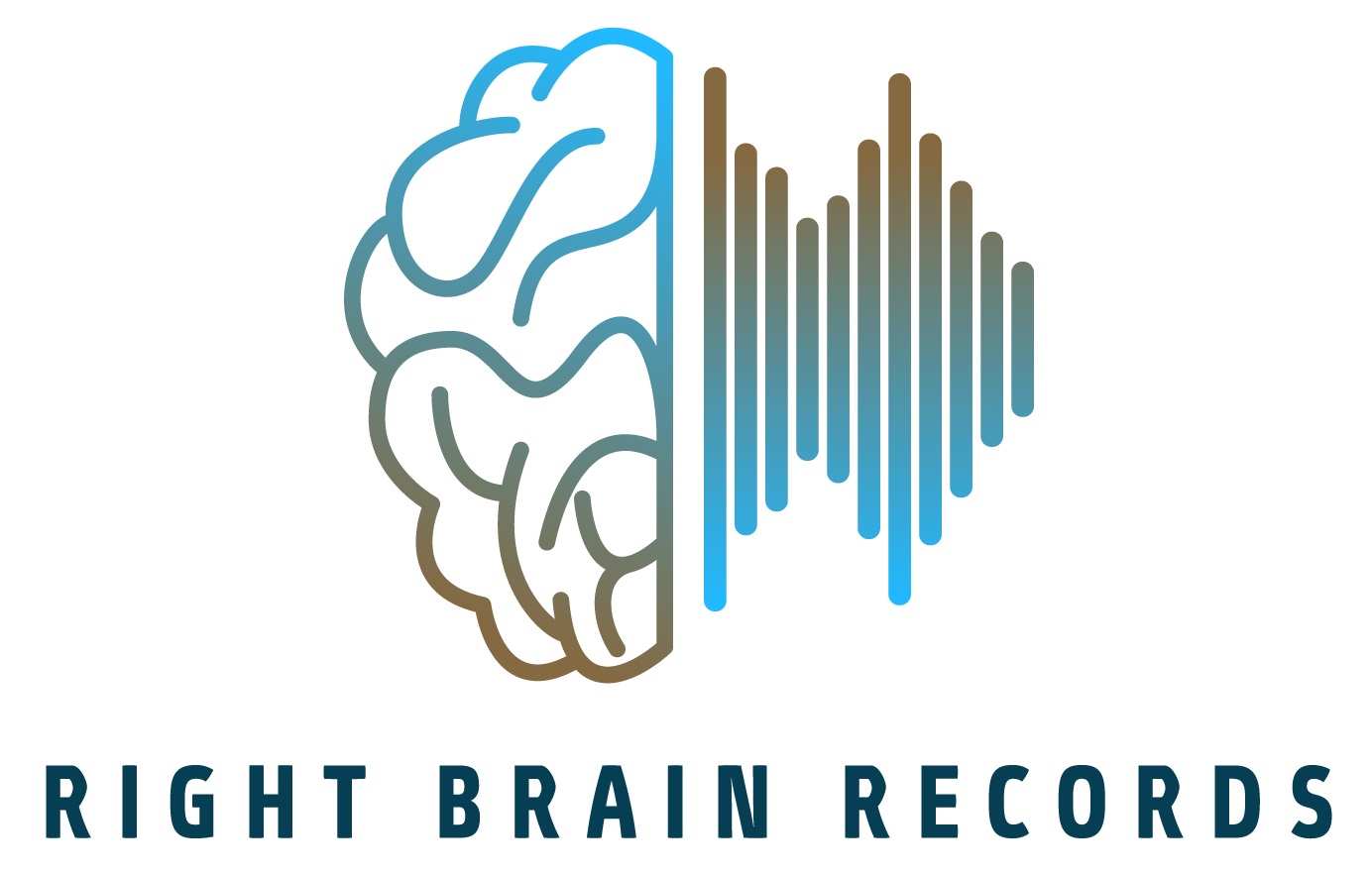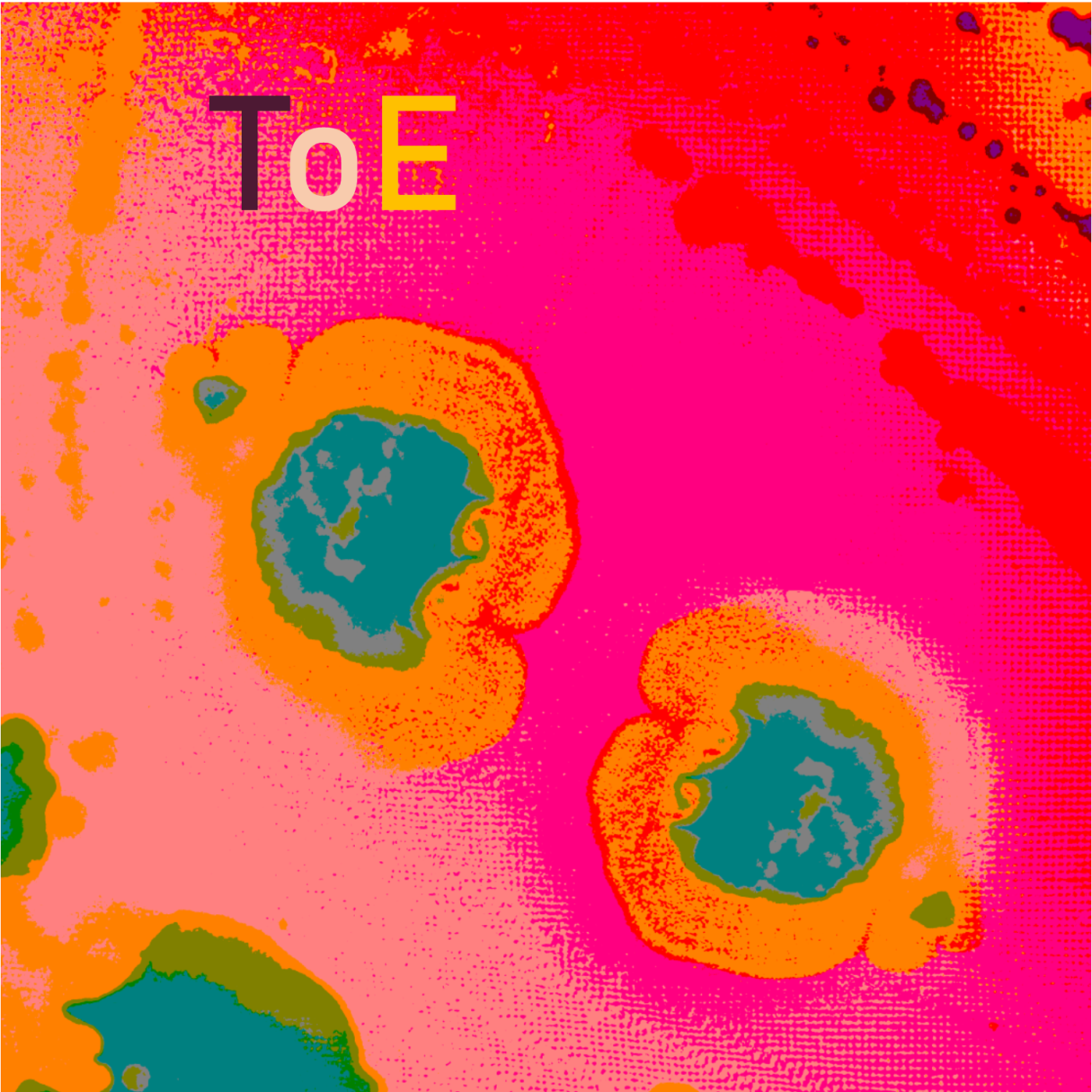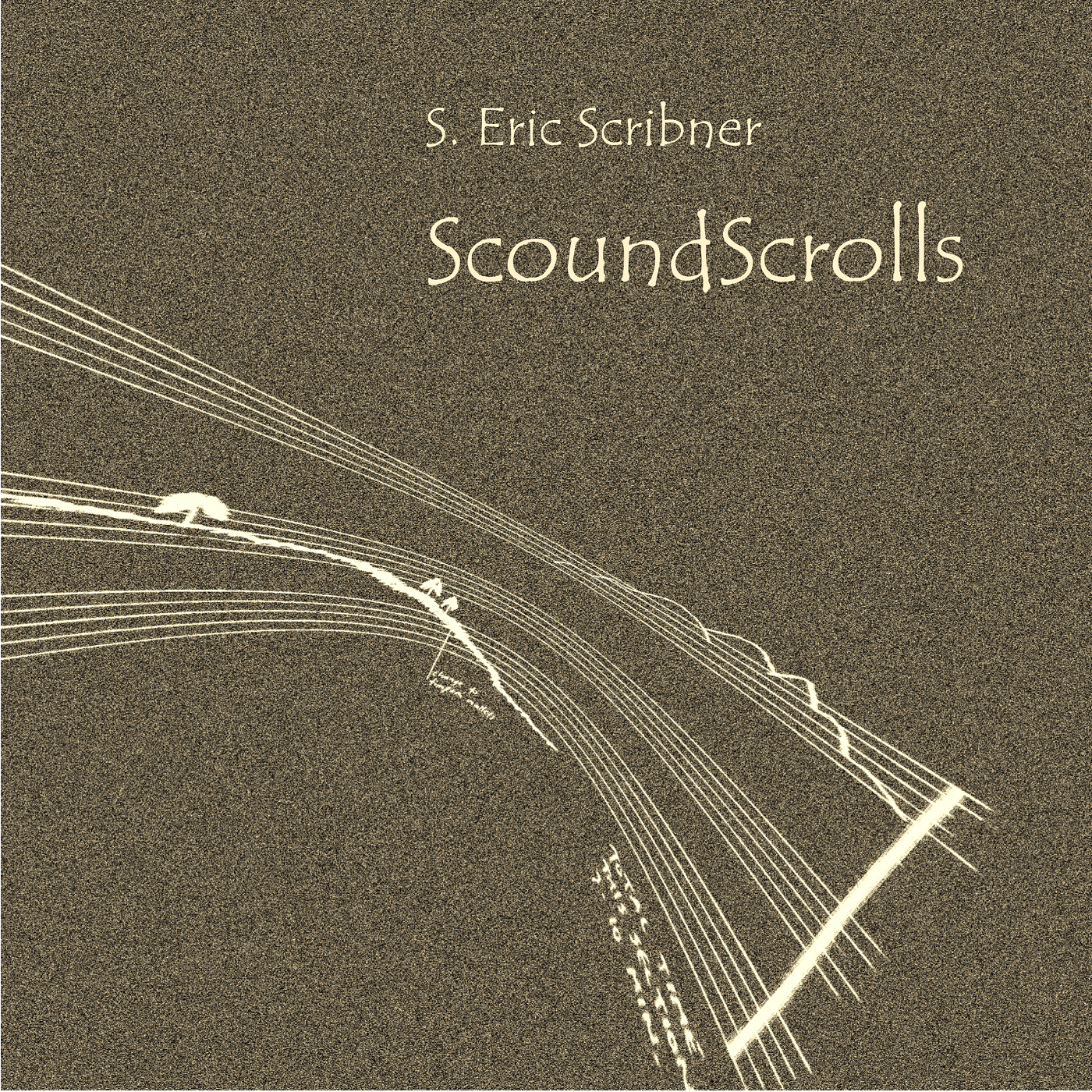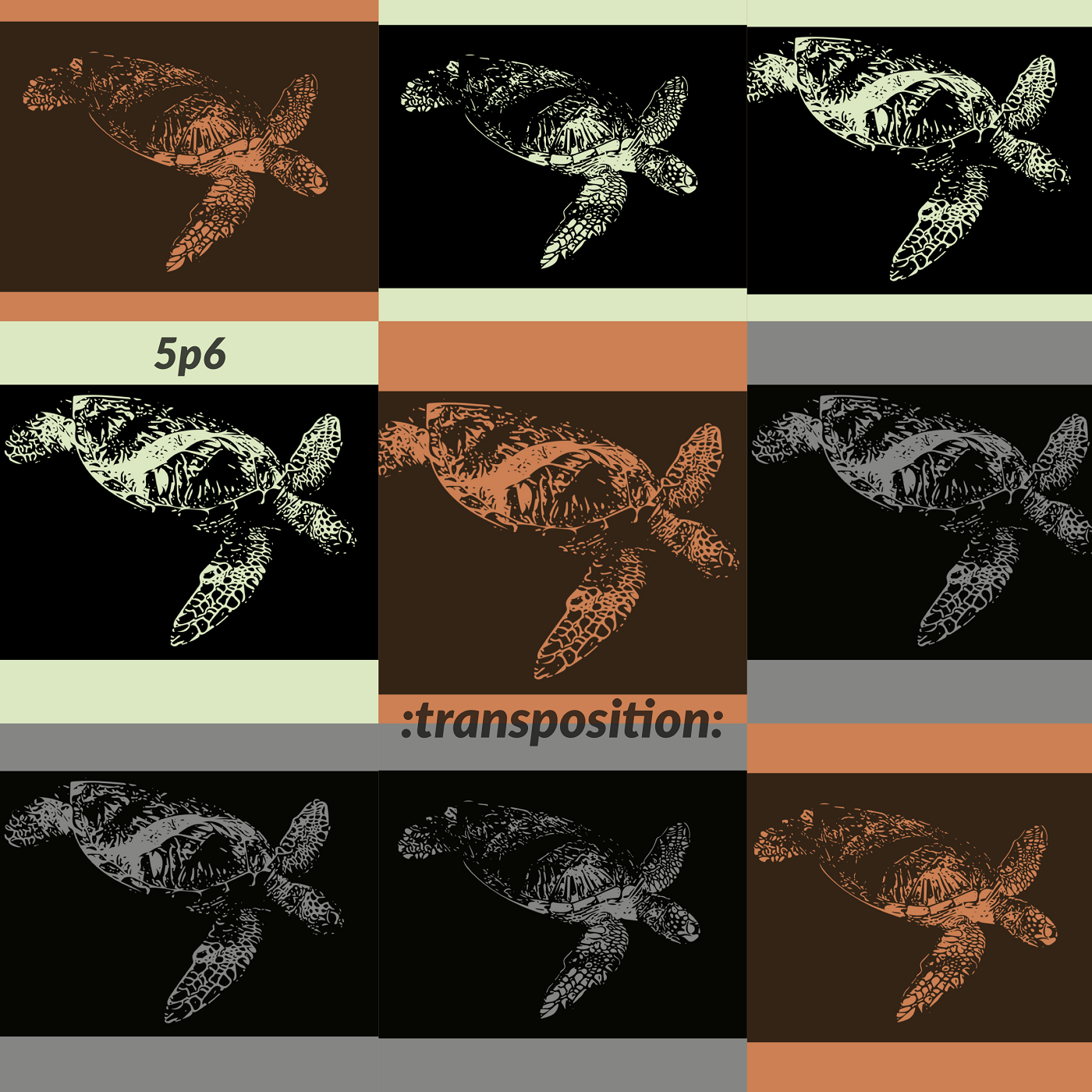3 New Releases Show Improvised Music in Many Forms
Three new Right Brain Records releases mark the end of 2019 and illustrate wildly different ways of composing improvised music.
The first is ToE, a duo from Scunthorpe, a small steel town in England. Ian Johnson and Sean Wood play electric guitars, aided by a battery of effects that they’ve mastered over many years playing together. Their self-titled first album contains six pieces that they spontaneously improvised and recorded live. As they describe it, their music is influenced by the ambient industrial sounds of their environment: “blast furnaces and tribal rhythms of pounding machinery hanging over the landscape and seeping into the imagination.” Their mind-bending sorcery is now available to the outside world for the first time. Take a listen here.
Eric Scribner takes an entirely different approach. As a composer interested in reaching beyond the boundaries of conventional notation – which is what we’re all taught is the “proper” way of communicating the content from composer to players – he designed his own language. He created a concept called the “soundscroll”. It’s a form of written notation that gives conceptual instructions to musicians: a combination of notes, sounds and pictorial ideas. The players interpret a scroll using their own ideas and experiences, and express the music as an ensemble. The entire group is literally reading off the same page, but a piece will never turn out the same way twice. Musicians have far more impact on the result than in classical music, and even a lot of jazz.
SoundScrolls is Scribner’s first album, and the public unveiling of this new approach to making music. He plays piano and various instruments, and is joined by an impressive cast, including Virginia Ware Landgraf on flute, Peter Valsamis on drums, Aaron Keyt on trumpet, Jay Hamilton and Indigo Pathfinder on percussion, and field recordings of Jonothan Storm. You can hear their work here.
This brings us to RBR’s final release of the year: the second 5p6 project, an EP called Transposition. Featuring novel deployments of the violin and guitar, the record consists of four ambient pieces. Unlike the two recordings above, however, this music was neither recorded live nor with any original direction. Instead, the four instrumental tracks were assembled from disconnected musical “objects,” each improvised on its own without any intention at all for how or where it may be used. 5p6 often employs effects that drastically changed the original source sounds (which, despite what you will hear, are all from guitar and violin). The pieces were then created using sound design, starting with random combinations of sounds. As ambient music, these tracks often evolve with subtle changes over time, creating a palette of moods and textures. Listen to the result here.
Enjoy these new releases and stay tuned to RBR. 2020 promises more surprises, starting in January.



